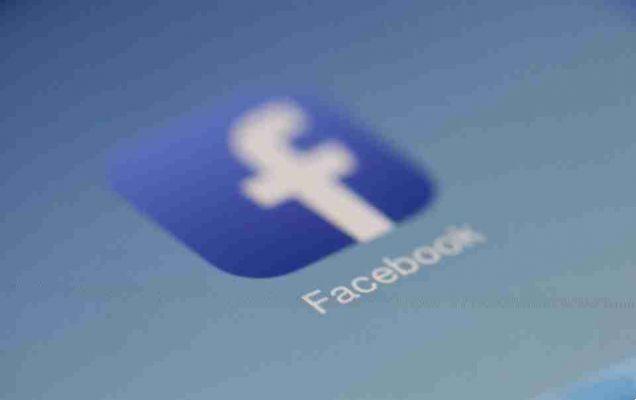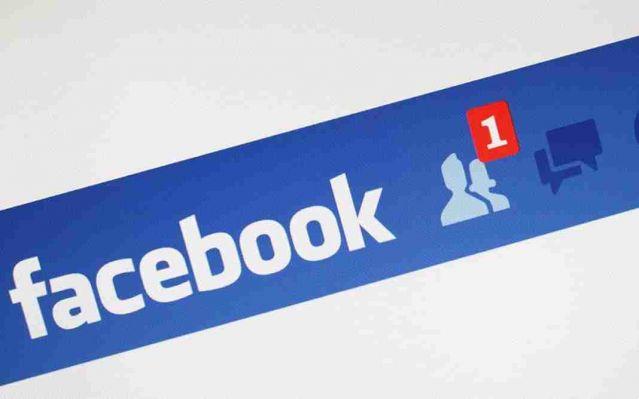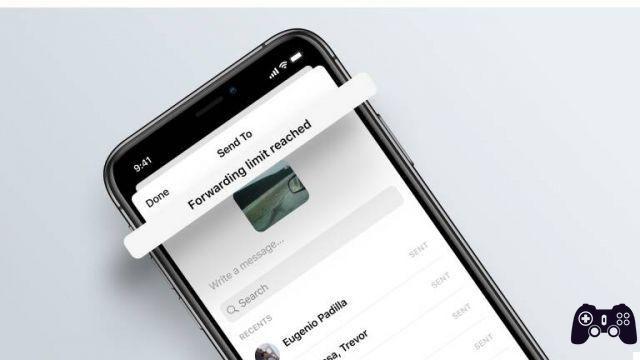
Facebook is a great tool for reaching audiences, whether as a business, as a blogger, as an individual or as an organization. In fact, anyone with a Facebook profile can create a page or group. But how do you know which one is right for you?
Let's take a look at the basics of Facebook pages and groups, the differences between the two, and how to choose which one to use.
What is a Facebook page?
A Facebook page is basically a non-personal profile page, such as a profile for a company, brand, organization, or website. You can also have Facebook pages for public figures like politicians and celebrities. Pages differ from a typical Facebook profile in that they can be managed by multiple people, they can be followed or liked by anyone on Facebook, and their posts can be monetized and promoted.
Some of the main features of Facebook Pages include:
- Profile information for a brand or company, including a description, contact information, location and hours of operation.
- Posts that can be promoted or enhanced with money.
- Analytics tab that tracks follower engagement and reach.
- An optional reviews function.
- Messaging features that followers can use to talk to page admins.
- Verification feature to confirm the legitimacy of a page (similar to Twitter's verified status).
- Community / Follower posts can be accessed via the Community tab.
- Groups can be linked to the page.
What is a Facebook group?
A Facebook group serves as a point of reference for discussing and sharing information with people who share an interest, position, or other common traits. For example, there are groups for people working in the design industry, groups for people in the same neighborhood, and groups for people interested in AI technology.
As in the case of pages, a Facebook profile is required to create a group. However, unlike pages, your personal profile will be visible to group members and you will be listed as an administrator.
Some of the main features of Facebook groups include:
- Basic information about the group, such as a group description.
- The ability to set group rules.
- Moderation tools for the administrator.
- Optional short polls for people asking to join the group.
- An integrated event calendar for the group.
The differences between a Facebook page and a group
Most of the differences between a Facebook page and a group are in their purpose, their privacy controls, and their analytics.
The purpose of a Facebook page is to connect with an audience. As such, it prioritizes the page's entry and posts. It's not a one-way discussion, since users can still interact with posts. But the page takes the lead: it has control over what appears. Followers have a much more passive role and mostly comment or react to posts. Community posts are not prioritized and appear on a separate tab from the main page tab.
However, there is a Facebook group for discussion and interaction between members. Therefore, posts from all members can be viewed on a group's main tab.
In terms of access control and privacy, a page is always public. The only restrictions that can be added are who can post on your community page, who can tag your page, and whether to limit your page to certain countries.
On the other hand, groups have multiple levels of privacy. A group can be public (anyone can view and join), subject to administrator approval of member requests or invite only. This makes them suitable for large communities, but also for small groups such as a family. Secret or invite-only groups don't even show up in search results. This is great for people with privacy concerns on Facebook.
Finally, analysis is the other main difference. Facebook Pages offer administrators insights into audience demographics, reach, audience engagement, and other analytics.
Groups have none of these analytics capabilities. Only basic information such as a member list and a recent summary of activities is available.
Facebook Pages: Advantages and Disadvantages
Most of the benefits of Facebook Pages lie in their marketability, centralized control, and extended reach. For example, you can boost posts so that they appear in the feeds of users who have never interacted with the page before. Additionally, one page admins control what appears in the main feed, so you don't have to worry about spam or unrelated posts.
Other benefits of Facebook Pages include:
- You can promote posts via the Facebook advertising platform.
- Your ads may target certain demographics.
- Facebook does not publicly link admin profiles to the page unless admins log in manually.
- Get analytics for your page that get more detailed as your follower count increases.
- You can schedule upcoming posts to be published automatically.
If your goal is to promote a certain brand, Facebook Pages have the best tools to achieve this. You can also keep track of your page preferences with respect to followers, since users can post on Facebook.
Some disadvantages of Facebook Pages include:
- Pages are public and visible to everyone by default, so they are not suitable for private use.
- It's easy for users to set up pages that impersonate your brand or company, so they may need to go through the verification process.
- Administrative downtime means your page feed will become inactive.
Also, even if you increase your following, your posts may have limited reach as Facebook wants to incentivize page owners to pay to increase posts.
Who Should Use a Facebook Page?
Pages are not very effective for those looking to build a close-knit network or community. Rather, they are better suited for those looking to promote a specific company, brand, or organization.
Public figures can also have their own page. The things a celebrity can share on their Facebook page versus their personal Facebook profile are very different. So in this situation, a page is somewhere where they can promote their message while keeping their personal profile private.
Some other scenarios in which you would use a Facebook page include:
- A brand or company that promotes its product.
- A website that wants to share content with a Facebook audience.
- A politician who wants to share updates with his constituents.
- A nonprofit organization or group that wants to share news and announcements with an audience.
Facebook groups: advantages and disadvantages
The main benefits of Facebook groups are the ability to facilitate discussion in a community and privacy controls. However, this involves a trade-off between being able to monetize posts or broaden the reach of the group.
The benefits of Facebook groups include:
- More control over member and post privacy.
- The ability to set a code of conduct or some rules.
- You can ban users who break the rules.
In terms of keeping a group active, the admin role isn't as burdensome as it is when it comes to pages. If you need to be away from your computer for a few days, the group discussion can easily continue without you (unless all posts require your approval).
However, Facebook groups aren't very useful if you want to create sponsored ads or posts. You might technically have a company sponsoring your group, but the advertisers they usually want to see aren't available.
Other disadvantages of Facebook groups include:
- Limited coverage and limited monetization of content.
- As groups grow, moderation can become more difficult.
- The administrators' personal Facebook profiles are publicly available to members.
Also, moderating the group discussion can take a significant amount of time in some cases. The larger a group becomes, the more you need to moderate. This is especially true for groups that involve discussions on more sensitive topics, such as politics or religion. The discussion in these groups can often devolve to online fights and may require administrative intervention.
Who Should Use Facebook Groups?
Groups are best for cases where discussion is the main focus.
Some other scenarios where a group is useful include:
- Connecting neighborhood members together to share news, updates, and questions.
- Connecting people with a common purpose or interest
- Share updates and information in a central hub for people with a personal connection, such as family, friends or members of the same organizations.
Scenarios that could use both a Facebook page and a group
There are some scenarios that may require both a Facebook page and a group, but these are much rarer. To link a page and a group, you must be an administrator of both. Linking a page to groups is most effective when you want to link a brand to a relevant interest group or community.
If you are running the kind of website that would benefit from user forums, a group can be an easy way to integrate community discussion.






